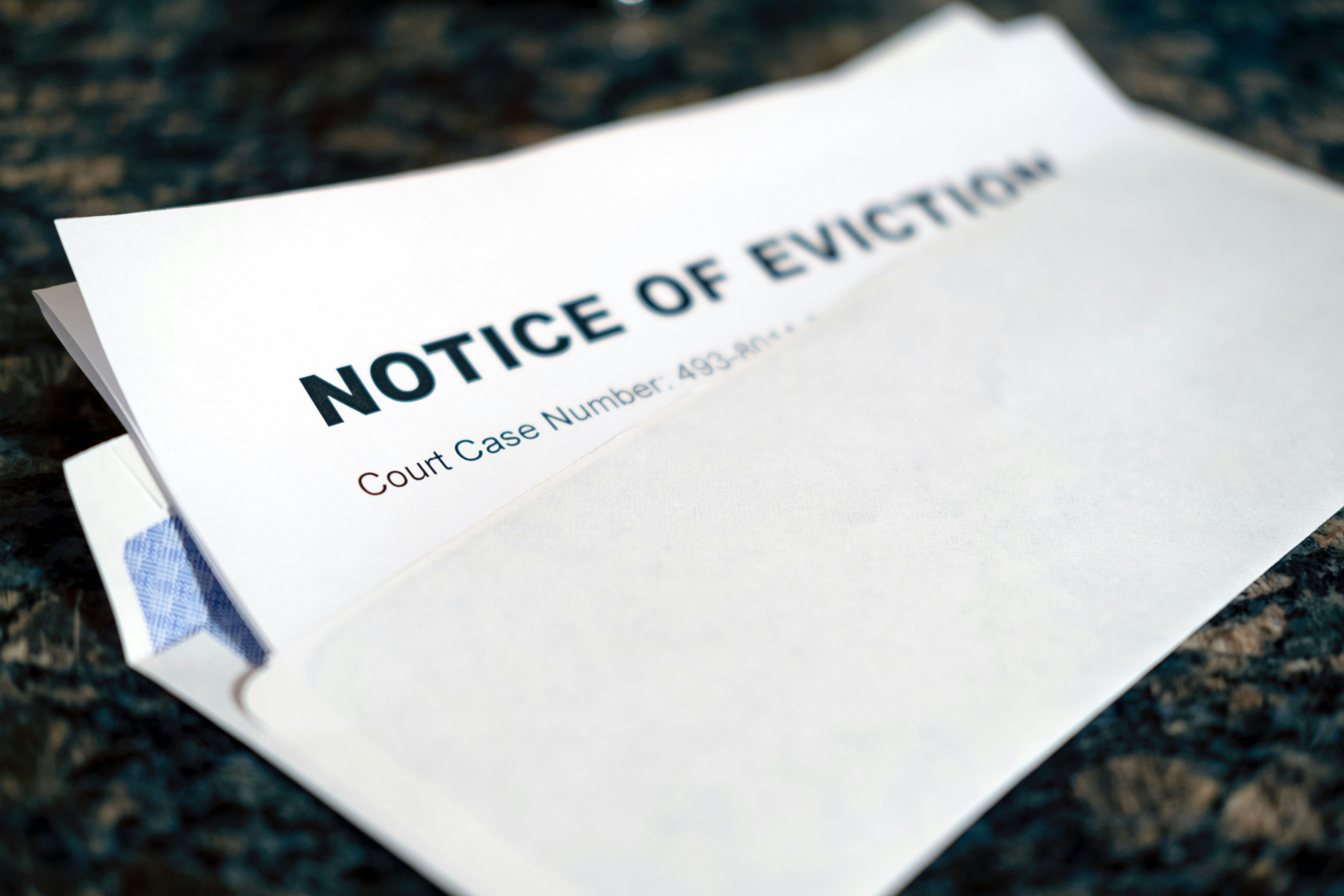Landlord tax deductions are your secret weapon to keep more of your rental income and reduce your tax bill. From mortgage interest and repairs to insurance premiums and travel expenses, these deductions can significantly boost your savings.
Here’s the Nex-Gen guide on the most valuable landlord tax deductions and how to take advantage of them.
1. Mortgage Interest: Your Biggest Deduction
One of the biggest landlord tax deductions is mortgage interest. If you have a mortgage on your rental property, you can deduct the interest portion of your mortgage payments, but not the principal. During the early years of your mortgage, when a larger percentage of your payments goes toward interest, this deduction can provide substantial tax savings.

Not only can you deduct the interest on your mortgage, but you can also include points, origination fees, and even interest on loans taken for property improvements. For many landlords, this is a tax-saving goldmine.
2. Property Taxes
Another fantastic landlord tax deduction is property taxes. While these payments may seem hefty when they arrive, the silver lining is that they are fully deductible. Be careful not to confuse property taxes with income taxes, though—they’re completely different.

In addition to property taxes, you can deduct rental license fees, occupancy taxes, and personal property taxes on items such as appliances and furniture in your rental property. However, the IRS does impose a cap on the deduction of combined state, local, and property taxes at $10,000.
3. Depreciation
Depreciation is one of the more complex landlord tax deductions, but it’s incredibly valuable. This deduction allows you to write off the cost of your rental property (excluding the land) over a period of 27.5 years. Depreciation reflects the wear and tear of your property, even though it may actually be increasing in value.
In addition to the property itself, you can depreciate capital improvements, such as a new roof or updated appliances. But you may owe depreciation recapture taxes if you sell the property for more than its depreciated value.
4. Operating Expenses
Landlords incur many ongoing expenses, and the good news is that most of them are deductible. From advertising and maintenance to utilities and insurance, these costs are fully deductible in the year they’re incurred. Repairs, unlike capital improvements, are fully deductible in the year they’re paid for.

Start-up expenses like accounting fees, office supplies, or even small business equipment may also qualify as deductions, often up to $5,000. Keep receipts and deduct these expenses.
5. Insurance Premiums
Insurance is a necessary expense for landlords, and the great news is that the premiums you pay are deductible. Whether you’re insuring your property against damage, liability, or even specific risks like floods, every dollar you spend on insurance premiums qualifies as a landlord tax deduction.
6. Professional Services
If you hire professionals to help manage your property or provide necessary services, those costs are also deductible. Even costs like employee wages, health insurance, or business-related entertainment can qualify as landlord tax deductions. Keep your invoices and records well-organized so you can easily claim these deductions.
7. Travel Expenses
If you travel to and from your rental property to handle tenant issues, inspect the premises, or make repairs, those travel expenses can be deducted. You can deduct mileage, gas, tolls, and even parking fees. For longer trips, you can also write off airfare, hotel stays, and meals, provided they are directly related to managing your rental business. 
You have two options when deducting vehicle-related expenses: the actual expense method or the IRS standard mileage rate. Use whichever saves you the most money.
8. Home Office Deduction
If you use part of your home exclusively for managing your rental properties, you may qualify for the home office deduction. This allows you to deduct a portion of your rent or mortgage, utilities, and internet costs. To qualify, the space must be used exclusively for rental activities, so be sure to document this carefully.

You can calculate this deduction based on the square footage of the space used for your rental business or use the IRS’s simplified method, which allows you to deduct $5 per square foot up to a maximum of 300 square feet.
9. Legal Fees
Legal fees related to your rental activities are another deductible expense. If you need to hire a lawyer to draft lease agreements, handle evictions, or defend yourself in court, these expenses are considered landlord tax deductions. Be sure to separate personal legal fees from rental-related ones, as only the latter are deductible.

Evictions, in particular, can be a financial burden, with costs averaging around $3,500. However, knowing these expenses are deductible can help soften the blow.
10. Education
If you take courses or attend workshops to improve your skills as a landlord, those expenses are also deductible. Books, online classes, or in-person seminars all qualify as landlord tax deductions. Investing in your knowledge can improve your business and lower your tax bill simultaneously, making education a win-win. Just keep all course materials and receipts, as the IRS loves thorough documentation.
Conclusion
Keeping good records and knowing what landlord tax deductions you’re entitled to can turn tax season from a headache into a victory lap. Each of these deductions can significantly lower your tax liability and help you keep more of your rental income. Be diligent about saving receipts and maintaining detailed records.
Landlord tax deductions are your secret weapon for making the most of your rental business—so make sure you’re using them to your advantage!





